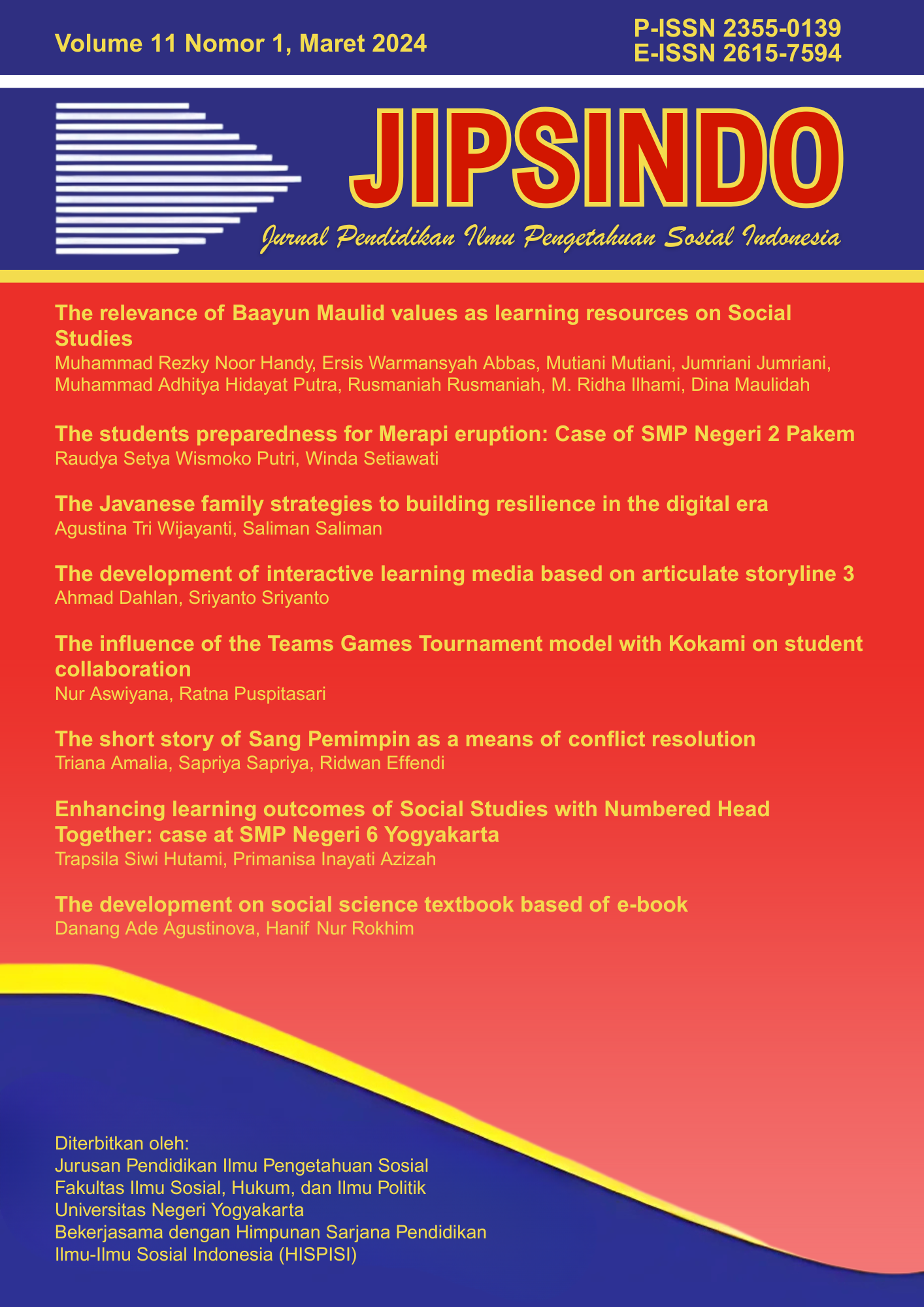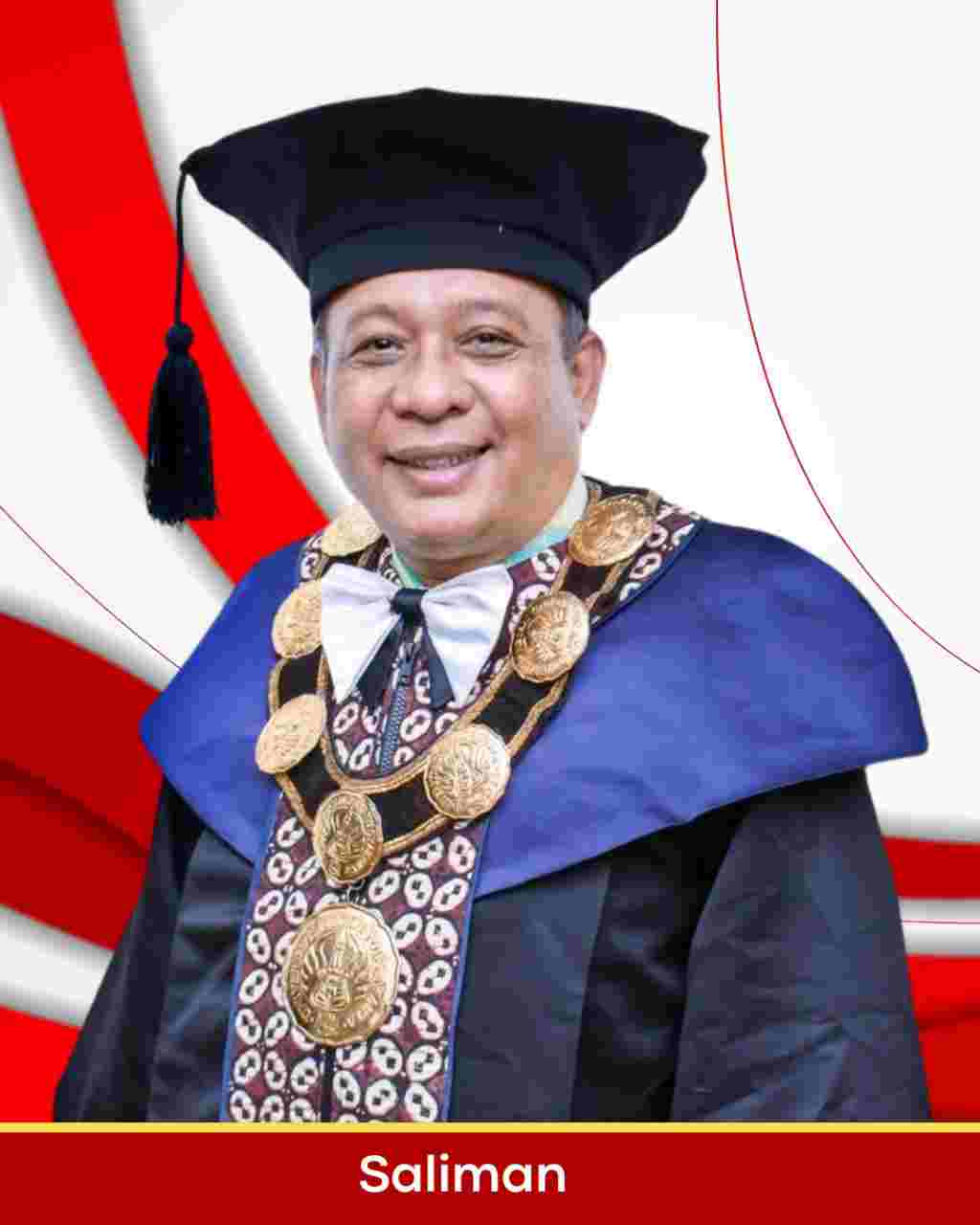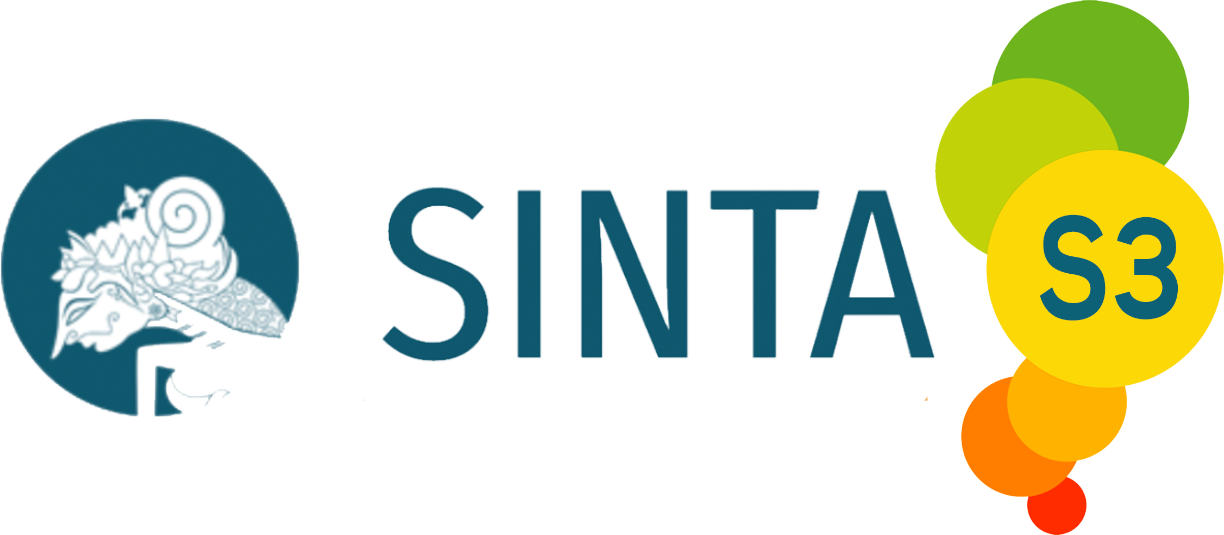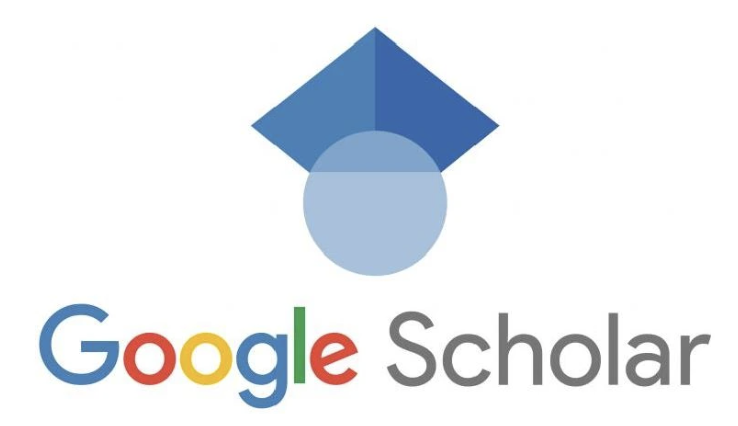Pengaruh sikap ekoliterasi, dan pembelajaran berbasis proyek terhadap kemampuan berpikir kreatif
DOI:
https://doi.org/10.21831/jipsindo.v9i2.52305Keywords:
Ekoliterasi, Pembelajaran Berbasis Proyek, Berpikir KreatifAbstract
Penelitian bertujuan untuk menguji secara empiris pengaruh sikap ekoliterasi terhadap kemampuan berpikir kreatif peserta didik, pengaruh pembelajaran berbasis proyek terhadap kemampuan berpikir kreatif peserta didik, dan pengaruh sikap ekoliterasi pada interaksi antara pembelajaran berbasis proyek terhadap kemampuan berpikir kreatif peserta didik. Metode penelitian yang digunakan adalah metode kuasi eksperimen. Teknik pengumpulan data yang digunakan adalah tes tertulis dan kusioner yang diberikan secara langsung kepada 29 peserta didik SMP Negeri 1 Rajapolah yang sebelumnya telah ditentukan melalui metode purposive sampling. Metode statistik yang digunakan adalah analisis regresi linier, dengan uji hipotesis statistik t-test. Data yang telah diperoleh kemudian dianalisis dengan menggunakan statistik imperesial dan perhitungnnya menggunakan aplikasi SPSS. Analisis data tersebut meliputi: uji normalitas, uji-t atau Analisys Compare Means Independent T-Sample Test, skala sikap, uji linieritas, uji koefisien regresi, uji determinasi, dan pengujian hipotesis. Hasil penelitian tersebut menunjukkan bahwa sikap ekoliterasi dapat meningkatkan pengaruh pembelajaran berbasis proyek terhadap kemampuan berpikir kreatif peserta didik.
The effect of ecoliteracy and project-based learning on creative thinking skills
This study intends to objectively analyse the influence between ecoliteracy, project-based learning, and students' creative thinking skills. It also studies the connection between ecoliteracy attitudes and the interaction between project-based learning and students' creative thinking skills. This study was conducted using a quasi-experimental research design. A written test and a questionnaire were administered directly to 29 students of SMP Negeri 1 Rajapolah. Utilizing a t-test for statistical hypothesis testing, linear regression analysis is the statistical method used. The collected data is then examined by computations in the SPSS program and imperial statistics. The following tests are included in the analysis of the data: the normality test, the t-test or Analysis Compare Means Independent T-Sample Test, the attitude scale, the linearity test, the regression coefficient test, the determination test, and the testing of hypotheses. The findings of this study suggest that a project-based learning approach can enhance students' capacity for creative thought.
References
Ayu, Prantini, Atmadja, & Marhaeni. (2013). Pengaruh Metode Mind Mapping Terhadap Keterampilan Berpikir Kreatif dan Prestasi belajara IPS. Jurnal Pasca Sarjana Universitas Pendidikan Ganesa, 3.
Buhadi, A. (2014). Penggunaan Model Pembelajaran Pengajuan Soal (Problem Posing) untuk Meningkatkan Kemampuan Berpikir Kreatif Siswa pada Mata Pelajaran IPS di SMP Negeri 1 Lamongan. Jurnal Pendidikan IPS, 2(1).
Kurniawan, G. F. (2022). Hakikat Ilmu Pengetahuan Sosial : Strategi memahami dan perbaikan kesalahan konsep. Jurnal Pendidikan Ilmu Pengetahuan Sosial Indonesia, 9(1), 64–78.
Laili, K., & Saliman. (2013). Penerapan Model Pembelajaran Berbasis Masalah untuk Meningkatkan Kreativitas Siswa Dalam Pembelajaran IPS Kelas VIII A Tahun Ajaran 2012/2013 Di SMP N 2 Sewon 2356-1807. Jurnal Social Studies UNY, 2(1), 1807–2356.
Prawiyanto, O. (2012). Model Bimbingan Belajar Behavioristik Untuk Meningkatkan Kreativitas Belajar Siswa. Jurnal Bimbingan Konseling, 1(1).
Riyadi, S. (1986). Konsep Pendidikan Ekonomi. FP3ES.
Rohayati, Dahlan, & Nurjanah. (2012). Meningkatkan Kemampuan Berfikir Kritis, Kreatif, dan Reflektif Siswa SMA Melalui Pembelajaran Open-Ended. Jurnal Pengajaran MIPA UPI Bandung, 17(1), 34–41.
Ruhimat, M. (2019). Manusia, Tempat, dan Lingkungan. Penerbit Ombak.
Sandjaja, B., & Albertus, H. (2006). Panduan Penelitian. Prestasi Pustaka.
Sapriya. (2012). Pendidikan IPS: Konsep dan Pembelajaran (3rd ed.). Remaja Rosdakarya.
Septianko, R., Dwiningrum, S. I. A., Rukiyati, & Wulandari, T. (2022). Gaya Belajar, Berpikir Kritis, dan Hasil Belajar IPS. Jurnal Pendidikan Ilmu Pengetahuan Sosial Indonesia, 9(1), 93–102.
Tridjata, S. (2002). Mainan Pendidikan sebagai Media Ekspresi Kemampuan Kreatif Anak. ITB Central Library (Online). http://digilib.itb.ac.id/gdl.php?mod=browse&op=read&id=jbptitbpp-gdl-s2-1998-caeculia1485-mainan
Wardani, N. S. (2011). Upaya Meningkatkan Kreativitas Siswa Dalam Pembelajaran Ips Sd Melalui Diskusi kelompok. Jurnal Widya Sar, 13(1), 1–20.
Wati, D. U., & Rahman, A. (2013). Meningkatkan Kemampuan Berfikir Kreatif Siswa Dengan Model Pembelajaran Berbasis Masalah Dalam Mata Pelajaran Pendidikan Kewarganegaraan Di Kelas VII A SMP N 2 Lamongan. Jurnal Kajian Moral Dan Kewarganegaraan, 1(1), 257–271.
Downloads
Published
How to Cite
Issue
Section
License
Authors who publish with this journal agree to the following terms:
- Authors retain copyright and grant the journal right of first publication with the work simultaneously licensed under a Creative Commons Attribution License that allows others to share the work with an acknowledgement of the work's authorship and initial publication in this journal.
- Authors are able to enter into separate, additional contractual arrangements for the non-exclusive distribution of the journal's published version of the work (e.g., post it to an institutional repository or publish it in a book), with an acknowledgement of its initial publication in this journal.
- Authors are permitted and encouraged to post their work online (e.g., in institutional repositories or on their website) prior to and during the submission process, as it can lead to productive exchanges, as well as earlier and greater citation of published work (See The Effect of Open Access).

JIPSINDO (Jurnal Pendidikan Ilmu Pengetahuan Sosial Indonesia) is licensed under a Creative Commons Attribution-ShareAlike 4.0 International License.
Based on a work at https://journal.uny.ac.id/index.php/jipsindo.













